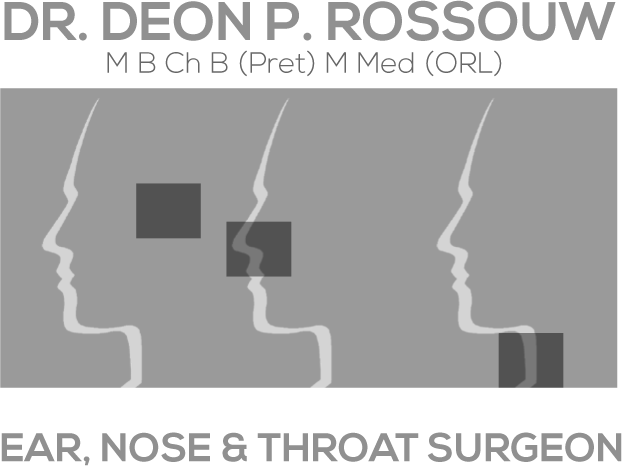Two interesting articles which caught my eye recently I found very interesting.
The question is often being asked, “Why do some people age better than others from a cognitive / memory and physical perspective?”
The first article (Medscape, August 2023, Cellerino et al) is related to an entity called “Super Agers”. These people, even at the advanced age of over eighty, had the memory of people twenty to thirty years their junior. Extensive functional magnetic resonance imaging (MRI) was conducted which showed that the “Super Agers” had less atrophy of the grey matter in the brain, especially in the areas related to memory. The study identified an additional common denominator among the “Super Agers” which was physical fitness. Initially, it was speculated whether these people were resistant to age-related memory loss or whether they just had better-coping mechanisms to offset their memory loss.
The trial consisted of sixty four “Super Agers” and fifty five “normal” people and was conducted over a six-year period. All study participants were older than seventy-nine years old. Clinical tests on mobility and fine motor skills were conducted to determine whether the participants were progressing. According to the trial, results indicated that physical activity was paramount for good long-term cognitive function. Although most patients were older than eighty years of age and might not have been doing exercise during the trial period, it was considered that the exercise they did in their youth and through their lifetime made the difference. The “Super Agers” also indicated fewer depression symptoms and anxiety disorders versus their “normal” counterparts.
The second article (Batya Swift et al: Frontiers of Neuroscience, July 2023) on ageing was based on the olfactory system and how the inhalation of pleasant aromas during sleep (given off by essential oils like rose, eucalyptus, orange etc.) improved cognitive behaviour and memory retention. This clinical trial consisted of a number of individuals exposed to essential oils, for two hours every night over a six-month period. At the start of the trial, the participants were required to write tests to evaluate their cognitive ability. Results indicated a 226% improvement in cognition in participants exposed to essential oils. In addition, special MRI-scanning of those in the essential oil exposed group showed an improvement in the area of the brain that is concerned with cognition post essential oil inhalations versus pre-inhalations.
The olfactory sense offers a direct “super highway” to the brain – no other sense has this direct access to the brain. It has been found that, when the sense of smell is compromised, the memory centres of the brain also start to deteriorate. Olfactory dysfunction is one of the first symptoms of Alzheimer’s disease and is also common in a lot of other psychiatric disorders.
Considering the above results, I find it exciting that easily accessible elements (such as essential oils) and physical exercise can impact the ageing process and serve as a powerful tool for future cognition improvement in individuals!


Recent Comments